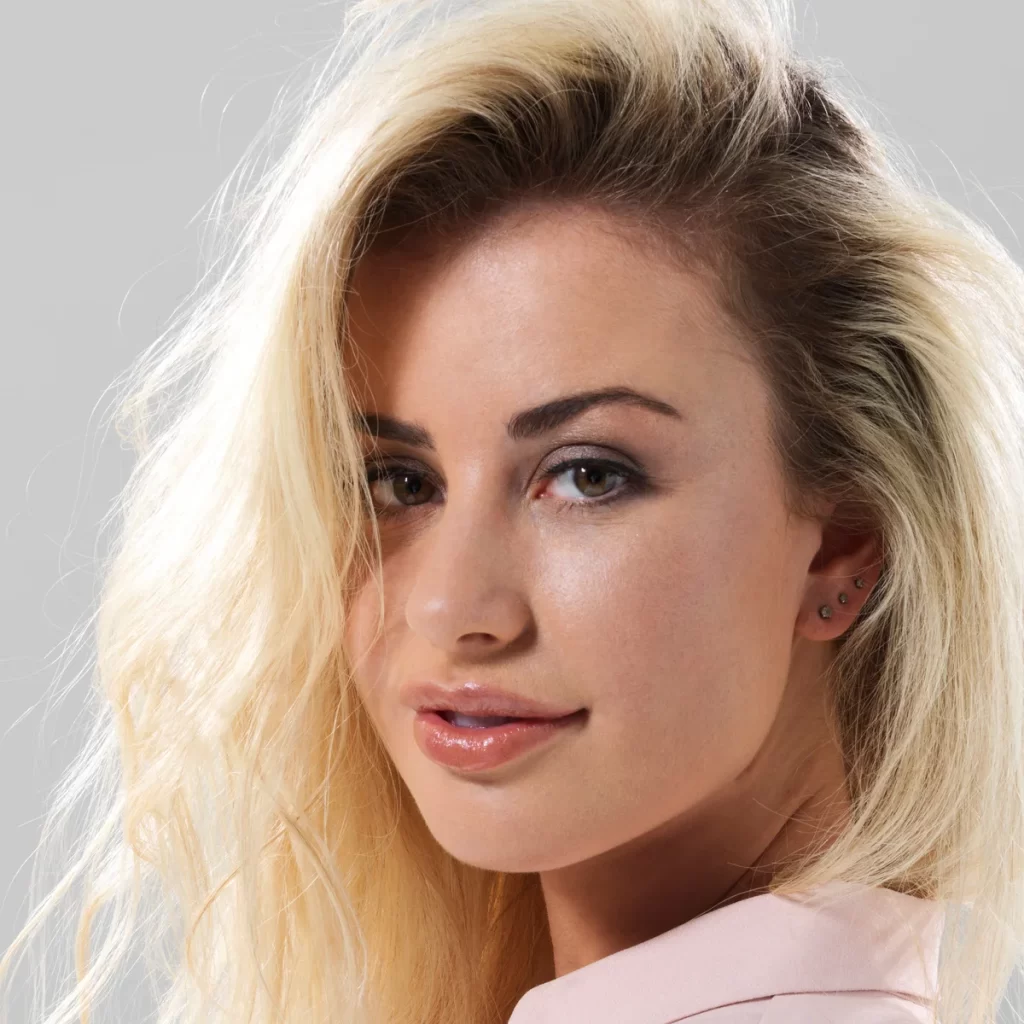Model Chloe Ayling’s Ongoing Struggle with Public Doubt and Media Scrutiny
3 min read

Chloe Ayling, a British model, was abducted in Milan in July 2017 after being lured to a fake photo shoot. Her captivity lasted six days before she was freed by her captor, Lukasz Herba, who had demanded a $300,000 ransom. Despite Herba’s conviction and a 16-year prison sentence, Ayling’s ordeal continued long after her release, plagued by skepticism and online abuse.
Ayling’s harrowing experience is the subject of the new series, Kidnapped: The Chloe Ayling Story. The series delves into her abduction, the media frenzy that followed, and the subsequent scrutiny she faced. It draws from police interviews, court documents, and personal accounts, though some scenes have been dramatized for effect.
Ayling reflects on the enduring public doubt surrounding her story. Despite her release and Herba’s conviction, she continues to face accusations that she fabricated the abduction or used it for publicity. “Headlines stick in people’s minds,” Ayling says, highlighting the persistent online harassment and skepticism she endures. She hopes that the series will clear misconceptions and offer a lesson on not judging victims based on their reactions or professions.
Ayling’s ordeal began when she was enticed from London to Italy under the pretense of a modeling gig. Once there, Herba drugged her and transported her in a bag to a remote farmhouse. Herba threatened to sell her online if a ransom wasn’t paid, but released her to the British consulate in Milan after six days.
Upon returning to the UK, Ayling was subjected to intense media scrutiny. Her demeanor upon arrival—smiling despite her ordeal—was met with criticism and accusations of insincerity. Ayling explains that her smile was a natural reaction to her relief at being home, and she felt overwhelmed by the media coverage, which she believes misrepresented her story.
Even after Herba’s conviction, doubts about Ayling’s narrative persisted. She attributes some of this skepticism to her career as a model, suggesting that public judgments may have been influenced by her profession and appearance. Ayling emphasizes that a victim’s behavior or appearance should not undermine their credibility.
Following her abduction, Ayling authored a book and appeared on Celebrity Big Brother. Despite the backlash, she stands by her actions and how she handled the situation, expressing no regrets. Her captor’s brother, Michal Herba, who was also involved in the kidnapping, had his sentence reduced on appeal and is now out of prison. Ayling feels that his release was premature and remains frustrated by the lack of accountability from those involved.
 Georgia Lester, the series writer, hopes the drama will encourage greater empathy and support for victims and challenge the tendency to disbelieve them. The series aims to address broader issues of how victims, particularly women, are treated.
Georgia Lester, the series writer, hopes the drama will encourage greater empathy and support for victims and challenge the tendency to disbelieve them. The series aims to address broader issues of how victims, particularly women, are treated.
The National Police Chiefs’ Council’s recent report highlighted the widespread violence against women and girls, underscoring the importance of supporting victims. Amanda Rowe from the Independent Office for Police Conduct acknowledges that fear of blame can deter victims from reporting crimes. Lester’s goal with the series is to rectify the public perception of Ayling and advocate for greater belief and support for victims.
Ayling hopes that through this series, her story will be validated and that others will learn not to judge victims harshly. “I want the world to know that what I’m saying is true,” she asserts, reflecting her ongoing struggle for recognition and understanding of her experience.